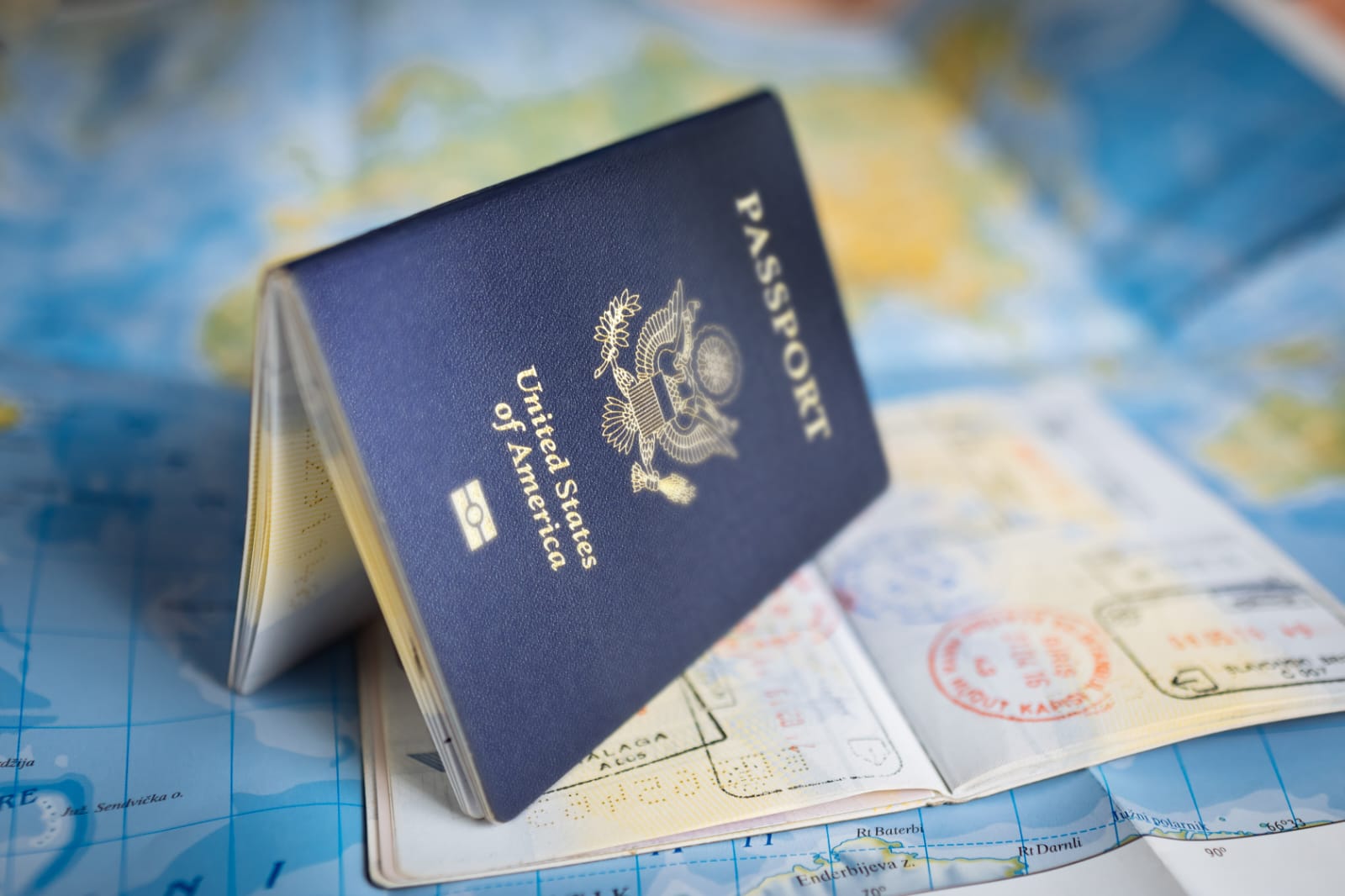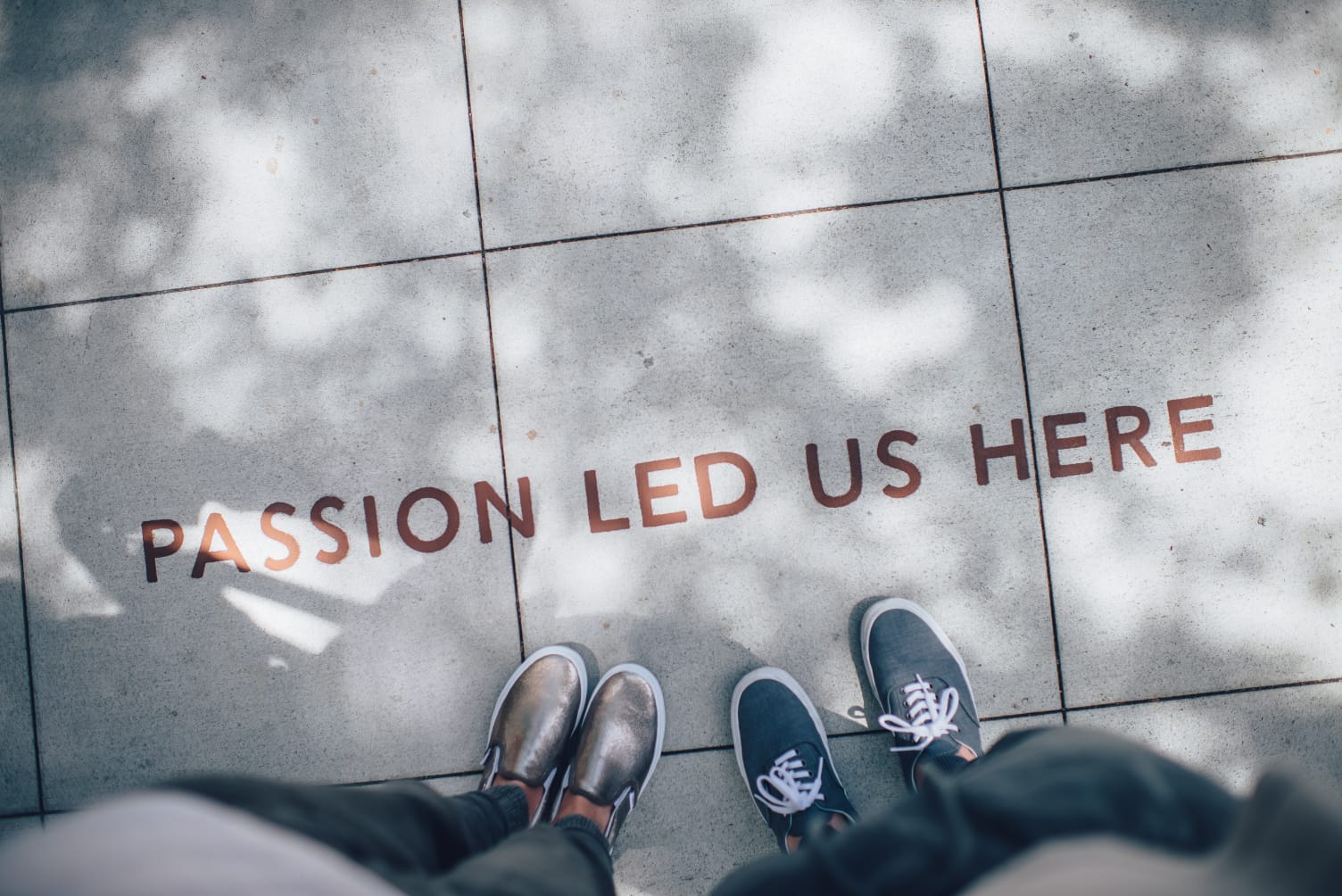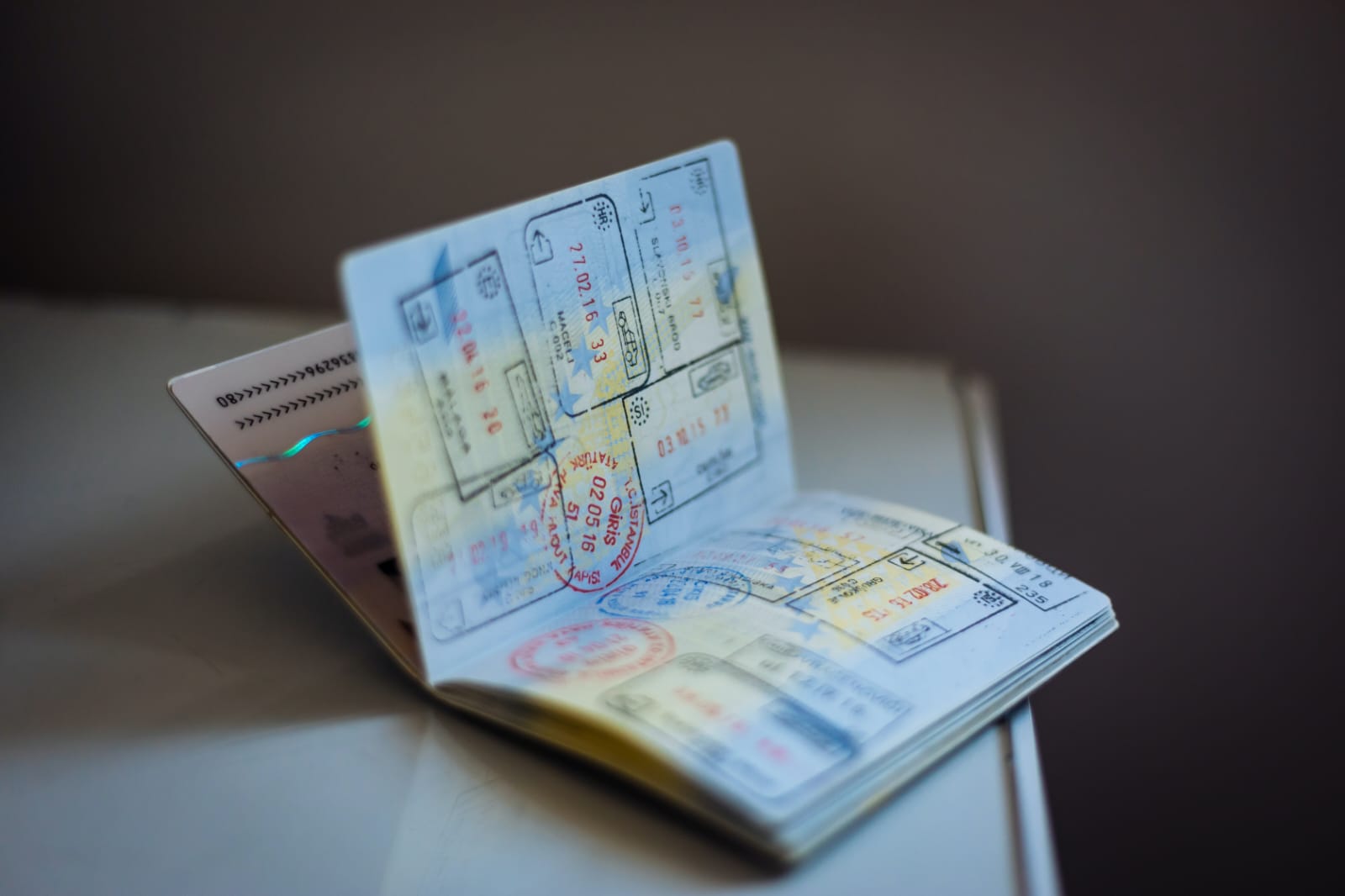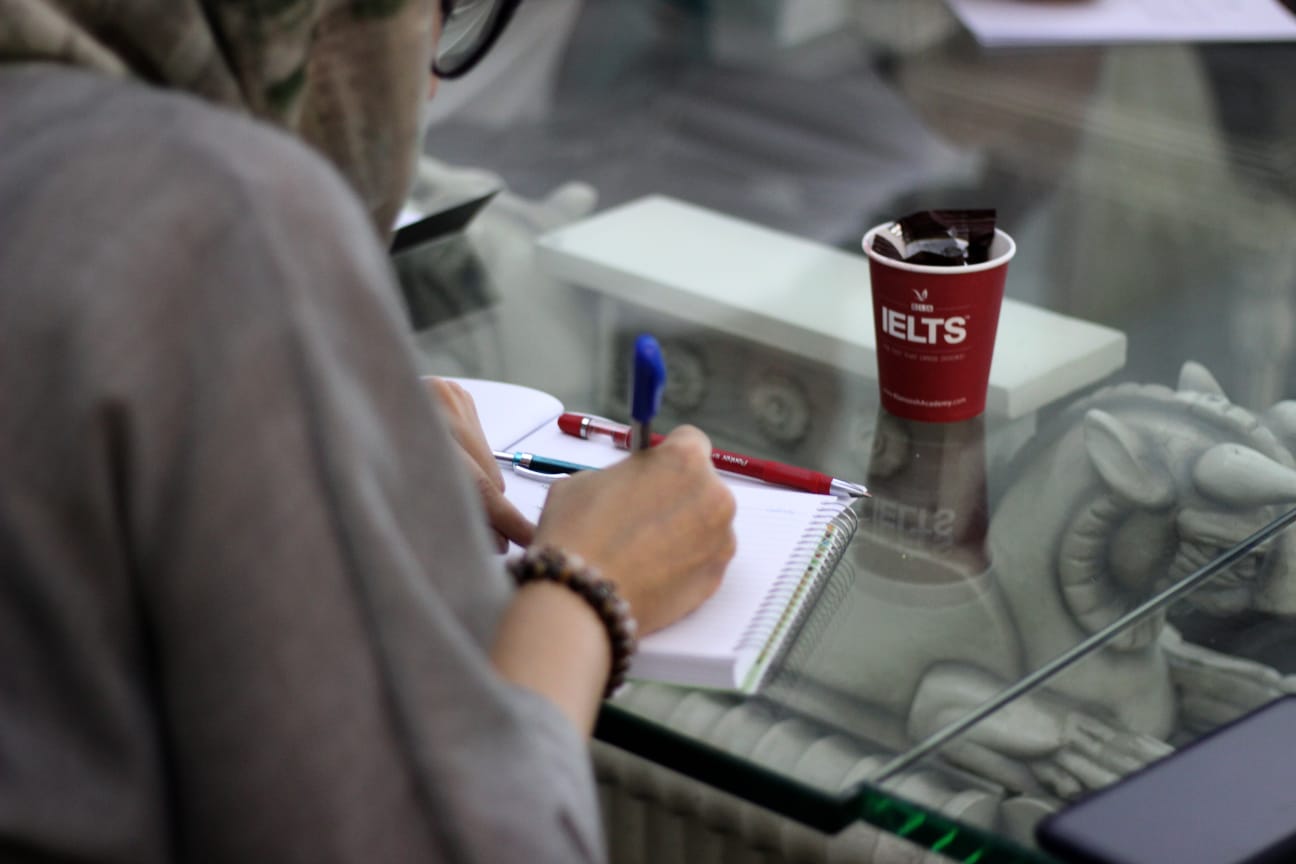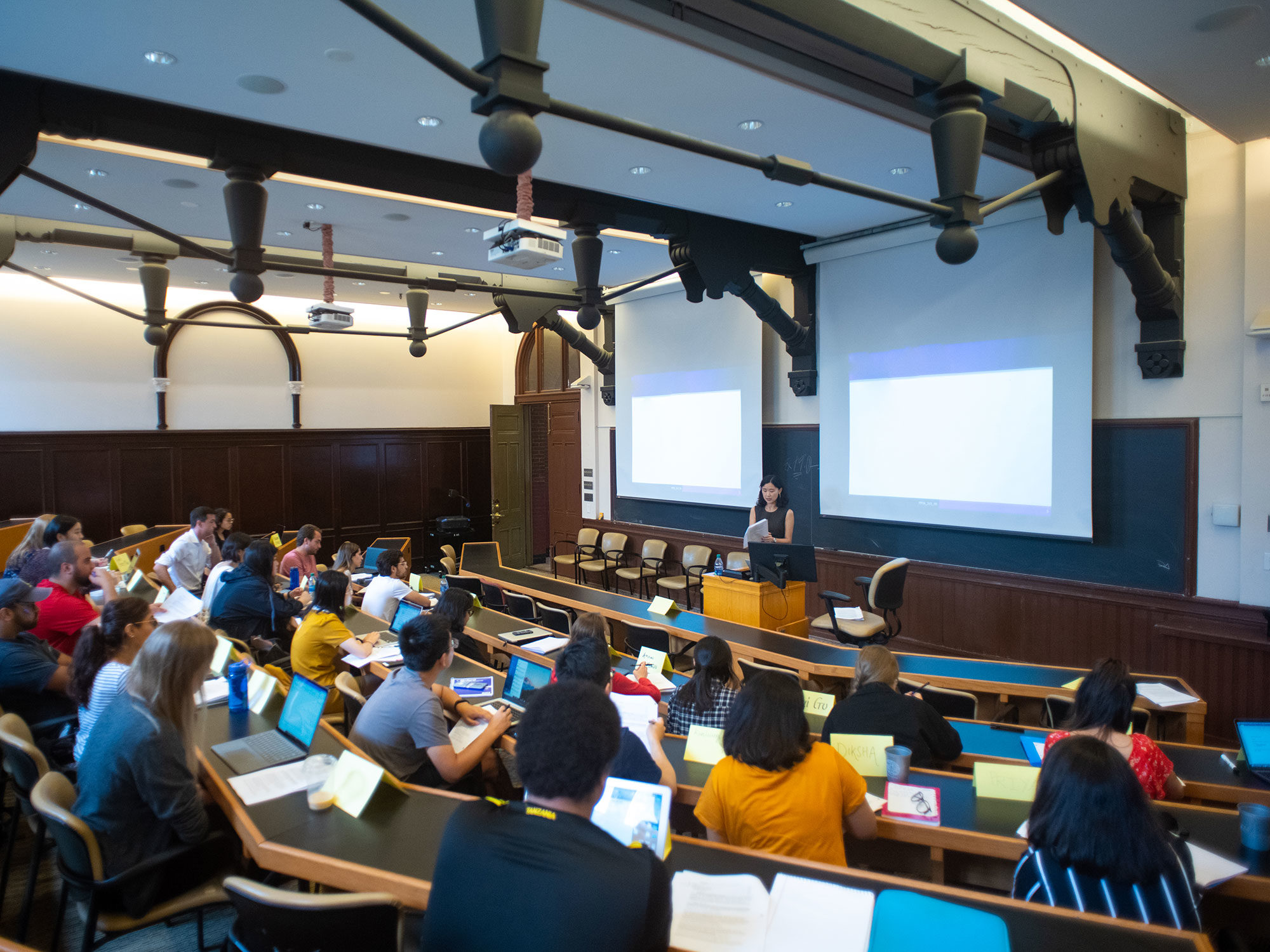1. Ties to Home Country:
You must be able to show that your reasons to return to your home country are stronger than your reason for remaining in the US. Ties to your home country are things that bind you to your homeland (ie. employment, family, financial prospects that you own or will inherit, investments, etc.). The visa officer may ask about your specific intentions or promise of future employment, family or other relationships, or educational objectives.
2. English:
Anticipate that the interview will be conducted in English. Practice conversation with an English speaker before the interview. You don’t have to have perfect vocabulary, as long as you can communicate your information in a clear and precise way.
3. Speak for Yourself:
When you go to talk to the people in charge of the interview, it’s best if you go by yourself. They want to hear directly from you, not from your parents or other family members. It’s your chance to explain things about yourself, so it’s important to do it on your own. They’re interested in hearing from you and your plans, not from anyone else.
4. Know the Program and How it Fits Your Career Plans:
Be able to effectively articulate the reason for selecting the particular degree program so that you can convince the visa officer that you truly intend to study, rather than immigrate. Explain how studying in the US relates to your future professional career in your home country.
5. Be Concise:
Visa officers have limited time for each interview. They will make a decision, for the most part, on the impressions they form in the first minute or two of the interview. Keep your answers short and to the point.
6. Supplemental Documentation:
It should be clear to the visa officer at a glance what written documents you are presenting and what they signify. Lengthy written explanations cannot be quickly read. Remember you will only have 2-3 minutes of interview time.
Your main purpose for coming to the US should be to study, not for the chance to work before or after graduation. While you will have the opportunity to work off-campus during your studies, this employment is incidental to your main purpose of completing your education. You must be able to clearly articulate your plan to return home following your education.
8. Dependents Remaining at Home:
If your spouse or children are remaining in your country, be prepared to address how they will support themselves in your absence. This can be tricky if you are their primary source of income. If the visa officer gains the impression that your family members will need you to remit money from the US in order to support them, your student visa will likely be denied.
9. Maintain a Positive Attitude:
Do not engage the visa officer in an argument. If you are denied a student visa, as the visa officer for a list of documents he/she would recommend that you provide in order to overcome the refusal, and try to get the reason for the denial in writing.
10. Study Goals:
In a hit visa interview, your examine goals act because they are the important pillar, demonstrating your authentic aim to pursue training and your destiny plans. They persuade the visa officer which you’re now not simply searching for residency but have a nicely-defined purpose for analyzing overseas. Here’s the way to provide an explanation for them efficaciously:
11.Specificity and Passion:
Think beyond just saying what program you’re applying for. Talk more about the classes, teachers, or topics that really interest you. Show that you’re genuinely curious and know more than just the basics.
Share your excitement: Tell them why you love this field. Explain how it matches your future goals and why it drives you to learn more. Your enthusiasm can inspire others and shows how committed you are.
.
- Relevance and Impact:
Bridge the distance on your profession: Clearly provide an explanation for how the chosen program equips you with the information and skills important in your favored career direction. Show how the program’s curriculum and sources directly make contributions for your professional desires.
- Highlight fine impact:
Showcase how your research will advantage your private home u . S . Upon your return Mention how you propose to contribute your acquired know-how and abilities to resolve troubles or cope with demanding situations inside your subject. This demonstrates your commitment to giving lower back and making use of your schooling for extra precision.
- Concrete Plans and Research:
“Concrete Plans and Research” in the context of successful Visa interview tips means having clear and specific plans for your trip and doing thorough research about the purpose of your visit. This helps you confidently answer questions during the visa interview, showing that you’ve thought about your trip and have genuine reasons for going. Having concrete plans and being well-informed can increase your chances of getting a positive response in the visa interview.
- Go past theory:
Don’t simply communicate about reading; show your proactive approach. Mention particular research initiatives, internships, or volunteer paintings you plan to undertake throughout your studies. This indicates initiative and a clear vision for the way you’ll make use of some time.
- Stay informed:
Show cognizance of current trends and challenges within your field. Briefly give an explanation for how your research will enable you to cope with these issues and make a contribution to advancements. This showcases your understanding and capability effect.
11. Financial Stability:
Having enough money for studying abroad is super important. It shows you can pay for everything and helps the visa officer see you’re serious about studying. Here’s how you can impress them with your money plans:
Show You’ve Got Enough Money:
- Bank Statements: Get papers from your bank for the last 3-6 months. This proves you’ve got enough money for your studies, living, and trips.
- Sponsorship: If someone else is paying for you, get a letter from them and their bank papers showing they can support you.
- Scholarships and Grants: If you got any free money for studying, show the letters saying how much you got and for how long.
- Paychecks: If you work, show your pay papers to prove you get money regularly.
13.Providing Extra Documents if Asked:
If the people in charge of your interview ask for more papers or documents, it’s important to give those to them quickly. This means if they need more information or papers from you, you should get those to them as soon as you can. It helps to show that you’re responsible and willing to give them whatever they need for your application.
12. Follow Up with Gratitude:
It’s really nice to talk to the people who interviewed you and say “thank you.” You can do this by writing a few messages or emails to say thank you for giving them the opportunity to talk to you. In that message, you can also express how eager you are to visit their country. This helps them know that they appreciate the time they spent with you and that they enjoyed your trip there.


